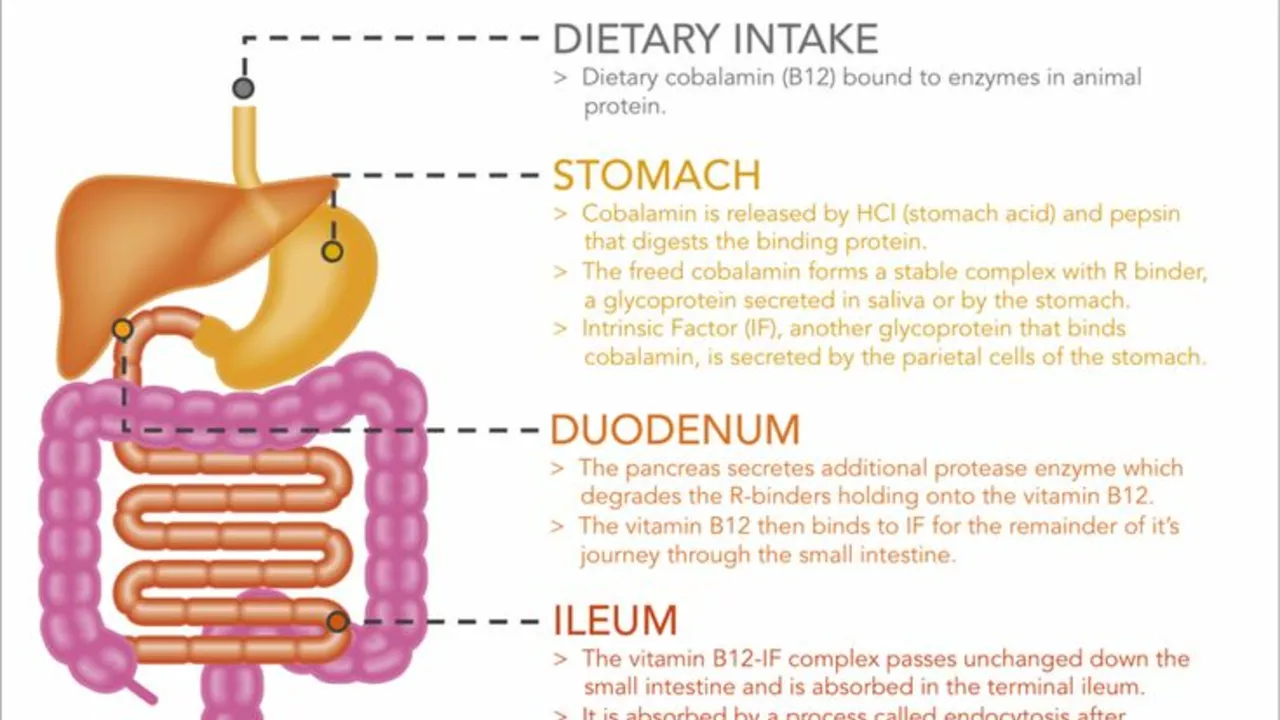Tympanites: What It Feels Like and What Helps
Ever feel like your belly is a balloon after eating or laying down? That tight, swollen feeling is often called tympanites — a visible swelling of the abdomen caused by trapped gas, fluid, or severe intestinal tension. It’s annoying, sometimes painful, but most of the time you can treat it at home if you know what to look for.
Common Causes & How to Tell Them Apart
Causes range from simple to serious. Here are the usual suspects and how they usually present:
- Gas from swallowing air or from foods (beans, cabbage, broccoli, fizzy drinks). This usually comes on after meals and may improve after passing gas or a bowel movement.
- Constipation. When stool builds up, your abdomen looks and feels distended. You’ll likely have infrequent, hard stools and straining.
- Food intolerances (lactose, fructose) and celiac disease. These cause bloating plus diarrhea, cramping, or a pattern tied to certain foods.
- Irritable bowel syndrome (IBS). Bloating with alternating diarrhea and constipation, plus relief after bowel movements, points to IBS.
- Small intestinal bacterial overgrowth (SIBO) or infections. These can cause constant bloating, gas, and weight changes.
- Fluid in the belly (ascites). This is less common and usually linked to liver, heart, or kidney problems. The swelling is persistent and may make clothes fit tighter overall.
Fast Home Fixes, Medications, and When to See a Doctor
Try these practical steps first: eat slower, avoid carbonated drinks and sugar alcohols (like sorbitol), cut back on gassy veggies for a few days, and walk after meals to move gas along. Heat on the belly or gentle belly massage can help release trapped gas.
Over-the-counter options that often help: simethicone (Gas-X) to break up gas bubbles, activated charcoal in some cases, and digestive enzymes if lactose or complex carbs are to blame. If constipation is the cause, a short course of a stool softener or fiber supplement can relieve pressure — but increase fiber slowly to avoid more gas.
See a doctor right away if you have severe or sudden belly pain, fever, persistent vomiting, blood in stools, unexplained weight loss, or if your belly becomes hard and tender. These could signal a serious issue like bowel obstruction, infection, or liver disease.
For recurring problems, your doctor may order blood tests, abdominal imaging (ultrasound or CT), breath tests for SIBO, or endoscopy to check for celiac disease or other conditions. Treatment targets the cause: antibiotics for SIBO, a lactose-free diet for lactose intolerance, or specialized IBS plans including low-FODMAP diets and gut-directed therapy.
Prevention is simple but effective: eat slowly, pick low-FODMAP meals if you notice patterns, stay active, and keep a food diary for a few weeks to spot triggers. If home steps don’t help, a medical check will find the right fix.
Got recurring bloating? Note when it starts, what you ate, and any other symptoms — that info speeds up finding relief. Tympanites is common, but you don’t have to live with it.
The Relationship Between Tympanites and Constipation
In my recent exploration into health issues, I've delved into the connection between tympanites and constipation. Tympanites, commonly known as abdominal bloating, often appears hand in hand with constipation. The reason is that when constipation occurs, it can lead to an accumulation of gas in our intestines, causing that uncomfortable bloating feeling. However, it's a two-way street as persistent bloating can also lead to constipation. It's a complex relationship that highlights the importance of a healthy, well-functioning digestive system.
View more
